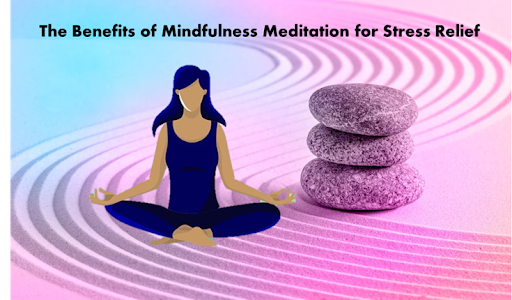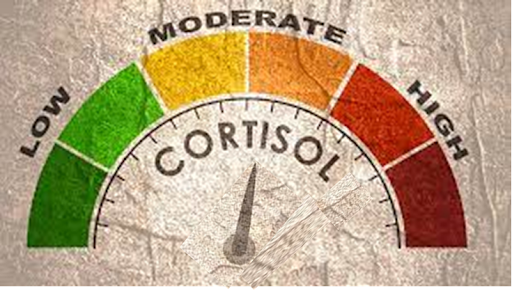have been used for centuries to promote relaxation, improve mood, and reduce stress. In recent years, essential oils have gained popularity as a natural remedy for anxiety. In this article, we will explore some of the best essential oils for anxiety and how they can be used to promote mental well-being.
1. Lavender Oil
Lavender oil is one of the most
popular essential oils for anxiety. Lavender has been shown to have calming
effects on the mind and body and can help to reduce anxiety symptoms. Inhaling
lavender oil can help to promote relaxation and reduce stress. You can diffuse
lavender oil in a diffuser or add a few drops to a warm bath.
2. Bergamot Oil
Bergamot oil is a citrus oil that is known for its
uplifting and calming effects. Bergamot has been shown to have anxiety-reducing
properties and can help to promote relaxation and reduce stress. You can diffuse
bergamot oil in a diffuser or add a few drops to a carrier oil and apply it
topically.
3. Ylang-Ylang Oil
Ylang-ylang oil is a floral oil that has been used
for centuries to promote relaxation and reduce anxiety. Ylang-ylang has been
shown to have sedative effects and can help to promote relaxation and reduce
stress. You can diffuse ylang-ylang oil in a diffuser or add a few drops to a
carrier oil and apply it topically.
4. Frankincense Oil
Frankincense oil is a resin oil
that is known for its grounding and calming effects. Frankincense has been
shown to have anxiety-reducing properties and can help to promote relaxation
and reduce stress. You can diffuse frankincense oil in a diffuser or add a few
drops to a carrier oil and apply it topically.
5. Chamomile Oil
Chamomile oil is a floral oil
that has been used for centuries to promote relaxation and reduce anxiety.
Chamomile has been shown to have sedative effects and can help to promote
relaxation and reduce stress. You can diffuse chamomile oil in a diffuser or
add a few drops to a carrier oil and apply it topically.
6. Vetiver Oil
Vetiver oil is a grounding oil that has been shown
to have anxiety-reducing properties. Vetiver can help to promote relaxation and
reduce stress. You can diffuse vetiver oil in a diffuser or add a few drops to
a carrier oil and apply it topically.
7. Clary Sage Oil
Clary sage oil is a floral oil that has been used
for centuries to promote relaxation and reduce anxiety. Clary sage has been
shown to have anxiety-reducing properties and can help to promote relaxation
and reduce stress. You can diffuse clary sage oil in a diffuser or add a few
drops to a carrier oil and apply it topically.
It's important to note that essential oils should
not be used as a replacement for prescription medications, but rather as a
complementary therapy. If you are experiencing symptoms of anxiety, talk to
your healthcare provider about the best treatment options for you.
Essential oils can be effective
in promoting mental well-being and reducing anxiety symptoms. Lavender,
bergamot, ylang-ylang, frankincense, chamomile, vetiver, and clary sage are
just a few examples of essential oils that can help to alleviate anxiety. It's
important to use high-quality essential oils and to use them safely. Always dilute
essential oils with a carrier oil before applying them topically and avoid
ingesting essential oils. With the right treatment plan, you can manage your
anxiety and improve your overall mental health.





































